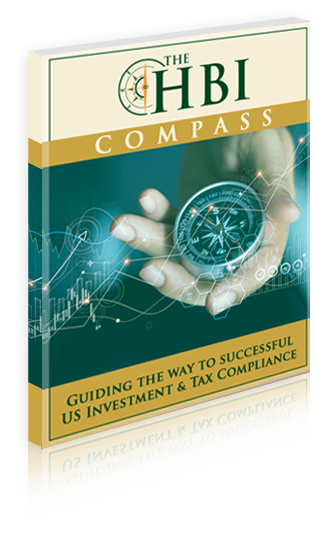As we approach the end of the year, many of us are starting to think about our New Year’s resolutions. From hitting the gym more often to traveling to new places, we all have goals we want to achieve in the coming year. However, one resolution that often gets overlooked is creating a new budget for the next year. In this blog post, we will discuss how to create an effective financial plan for the next year.
Assess Your Current Financial Situation
The first step in creating an effective financial plan is to assess your current financial situation. This includes taking stock of your income, expenses, assets, liabilities, and any savings or investment accounts you may have. This will give you a clear understanding of your financial standing and help you identify areas needing improvement.
Set Realistic Financial Goals
The next step is to set realistic financial goals for the next year. These goals should be specific, measurable, achievable, relevant, and time-bound (SMART). For example, instead of saying you want to save money, set a specific amount you want to save and a timeline for achieving it. This will give you something concrete to work towards and keep you motivated.
Create a Budget
A budget is an essential tool for managing your finances. It helps you track your spending, identify areas where you can cut back, and stay on track with your financial goals. Start by listing all your essential expenses, such as rent, utilities, and groceries. Then, factor in your savings and investment goals, followed by discretionary expenses such as dining out and entertainment. Make sure your new budget is realistic and includes some wiggle room for unexpected expenses.
Reduce Your Debt
High-interest debt, such as credit card debt, can be a major obstacle to achieving your financial goals. Make a plan to pay off your debt by prioritizing the accounts with the highest interest rates. You can also consider consolidating your debt into a single, lower-interest-rate loan. This will help you save money on interest and make it easier to manage your debt.
Save for Emergencies
An emergency savings fund is a crucial component of an effective financial plan. Life is unpredictable, and unexpected events such as job loss or medical expenses can quickly derail your finances. Experts recommend having at least three to six months’ worth of living expenses saved in an emergency fund. If you don’t have one already, make it a priority to set one up in the next year.
Invest in Your Future
In addition to saving for emergencies, it is also important to save for your long-term financial goals, such as retirement. Consider opening a retirement account, such as a 401(k) or Individual Retirement Account (IRA). These accounts offer tax benefits and can help you build a secure financial future.
Review and Adjust Your New Budget Regularly
Lastly, it is essential to review and adjust your financial plan regularly. Life is constantly changing, and your financial plan should adapt to these changes. Make sure to review your plan periodically, at least once every quarter, and make necessary adjustments to stay on track with your goals.
Creating an effective new budget is crucial for achieving financial stability and success. By following these steps, you can set yourself up for a financially secure future. At Harding Bell International, we understand the importance of financial planning and can help you create a customized plan that suits your specific needs and goals. Contact us to learn how we can help you start the new year off right by prioritizing your new budget and achieving your financial goals.



